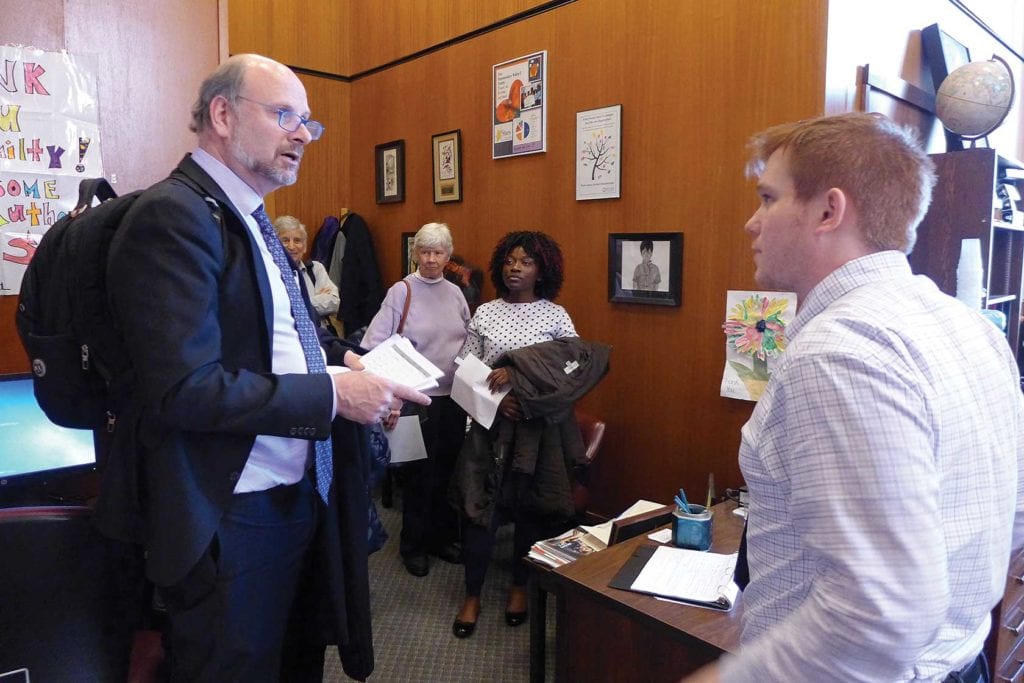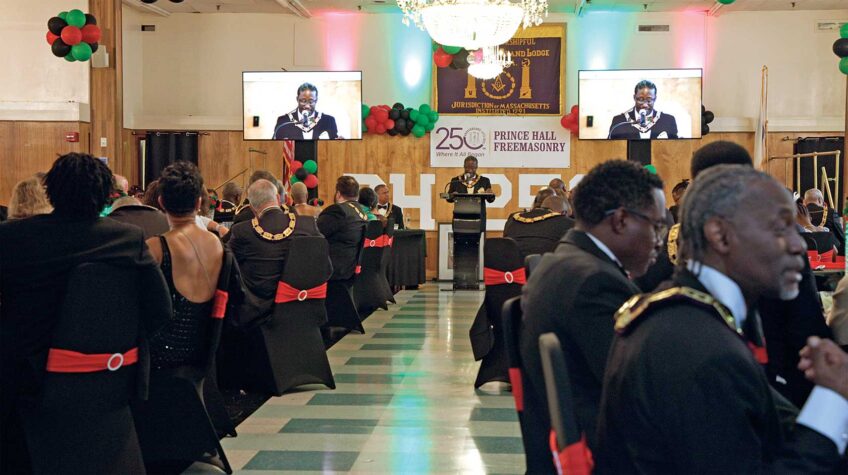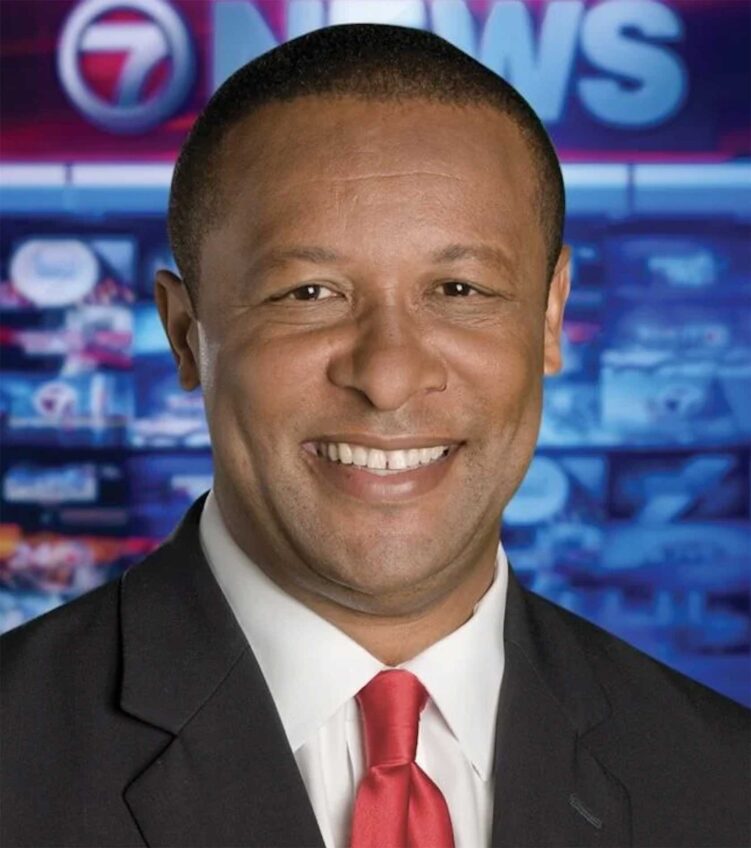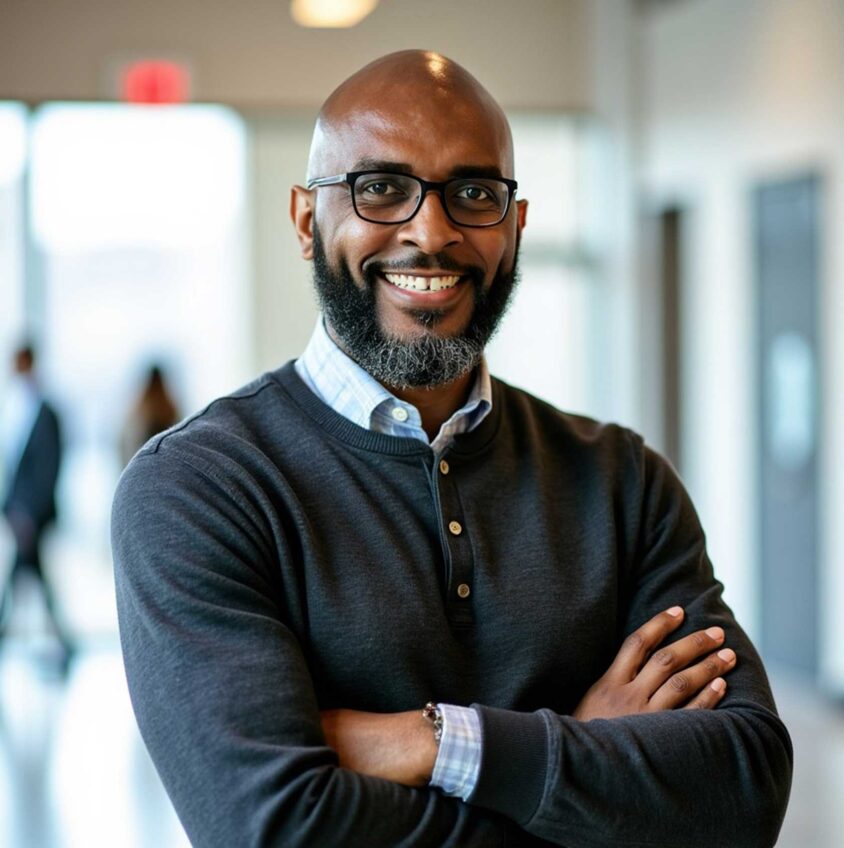Activists renew push for immigrant protection law
Lawmakers express confidence in new Safe Communities Act

After the Safe Communities Act died in the last legislative session, several progressive candidates made the immigration reform legislation a plank in their platforms as they sought seats in last year’s Democratic primaries.
After several high-profile progressive upset victories, including that of Jamaica Plain resident Nika Elugardo over then-House Ways and Means Chairman Jeffrey Sanchez, the issue has come back to center stage in the House, with Marlborough Sen. Jamie Eldridge and newly-elected Dorchester Rep. Liz Miranda as the bill’s lead sponsors.
“I think there’s a tremendous amount of momentum, given that a significant percentage of new legislators are supportive of the bill, because we did pass the bill last session in the Senate,” Eldridge said.
The current version of the Safe Communities Act contains five key provisions. It would bar police and court officers from asking people about their immigration status unless they are required to do so by law. Secondly, it would require that people in custody be given a consent form that explains their right to due process before ICE agents are permitted to question them. This measure is designed to prevent detainees from making statements or signing documents that could jeopardize their immigration cases.
The act also bars police, court officials and jail officials from notifying ICE that someone is about to be released. ICE would still be notified if a person is released after serving a criminal sentence. Finally, the act would end contracts with ICE that allow state and county officials to act as federal immigration agents and would require law enforcement agencies to train personnel about the new law and its provisions.
Miranda, who was born to Cape Verdean immigrants and represents a district where more than 50 percent of the residents are foreign-born, says the act is gathering steam in the House.
“It’s gotten a lot of sponsorship, she said. “Really, what we’re trying to do here is fight hate. There isn’t any data that shows that deportation is going to make us safer.”
Last year, after the Safe Communities Act stalled in the House, progressive Democratic voters faulted House leadership and House Speaker Robert DeLeo in particular. Two Boston members of his leadership team, Sanchez and Byron Rushing, were ousted by candidates who pledged support for the Safe Communities Act and for a measure to increase education funding, which had also stalled in the House after passing in the Senate.
Jonathan Cohn, issues committee chair at Progressive Massachusetts, said new legislators are ready to push the Safe Communities Act forward.
“They understand that the standard operating procedure of the State House isn’t sufficient and that they need to be taking bolder steps,” he said. “Hopefully, they’ll bring some incumbents along.”
Eldridge said the changed political landscape inside and outside the State House has added a sense of urgency for veteran legislators.
“I think there’s a greater realization from the Legislature in general that we need to be stronger in our opposition to Donald Trump,” he said. “I’ve talked to many legislators who are not first-years who are saying, ‘We really need to take action on the Safe Communities Act’ — not only Senators, but House members. What I’ve heard is there are more private conversations with House leadership to get something done this session, and I’m hopeful that will be productive.”
Last Wednesday, Eldridge addressed a gathering of activists from grassroots groups who were at the State House to push for passage of the Safe Communities Act, before they broke into teams and fanned out to lobby legislators on the Safe Communities Act.
Eldridge noted that Gov. Charlie Baker could still veto the act.
“I’m hoping, as allegedly he’s becoming more bold, that maybe he’ll be supportive of all communities in Massachusetts,” he said. “Until his re-election, he opposed taxes, and now he’s proposing including in his budget a number of new taxes — so I remain optimistic that we can convince him to support this very modest, common-sense reform that many police chiefs have endorsed.”







